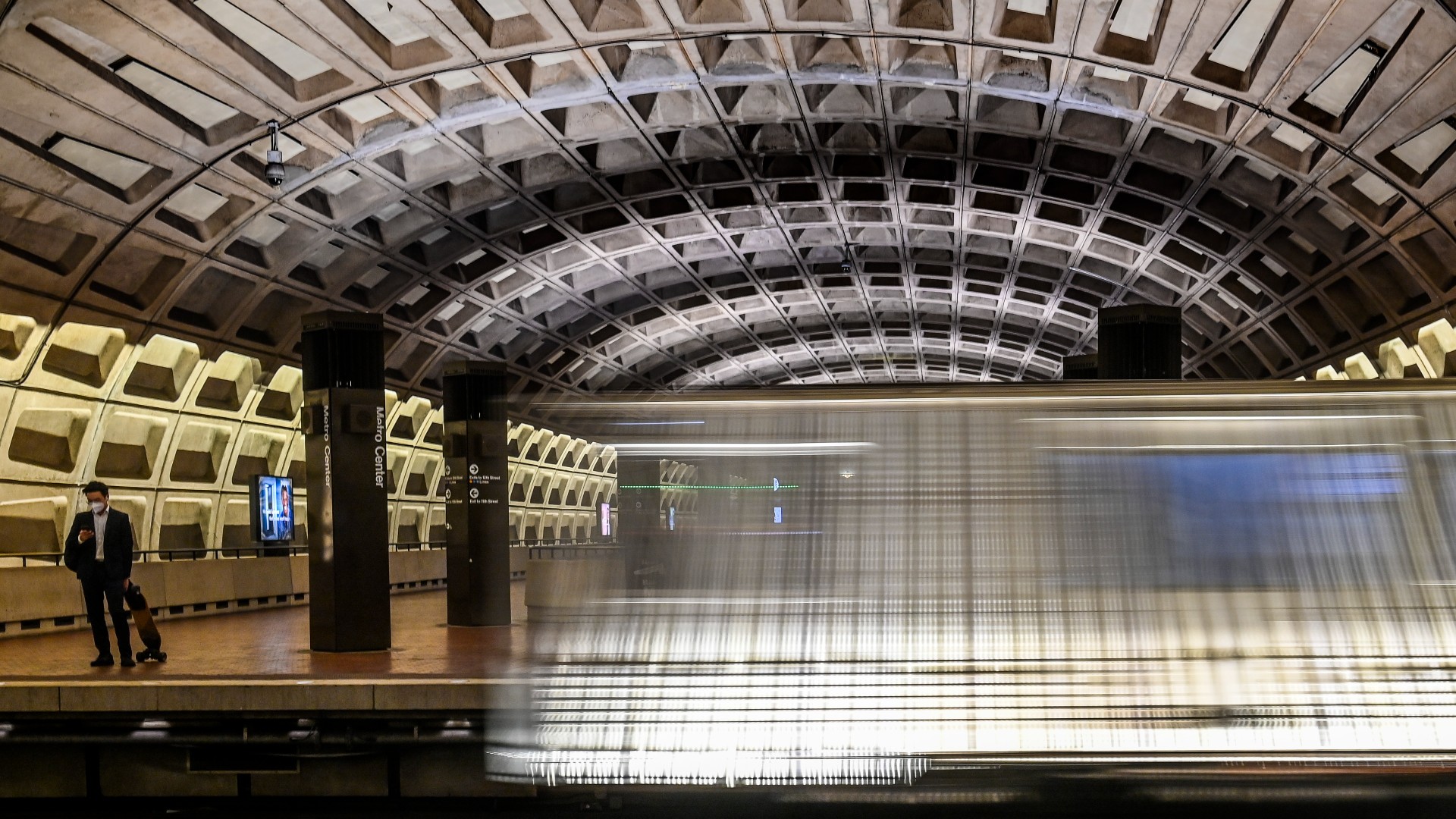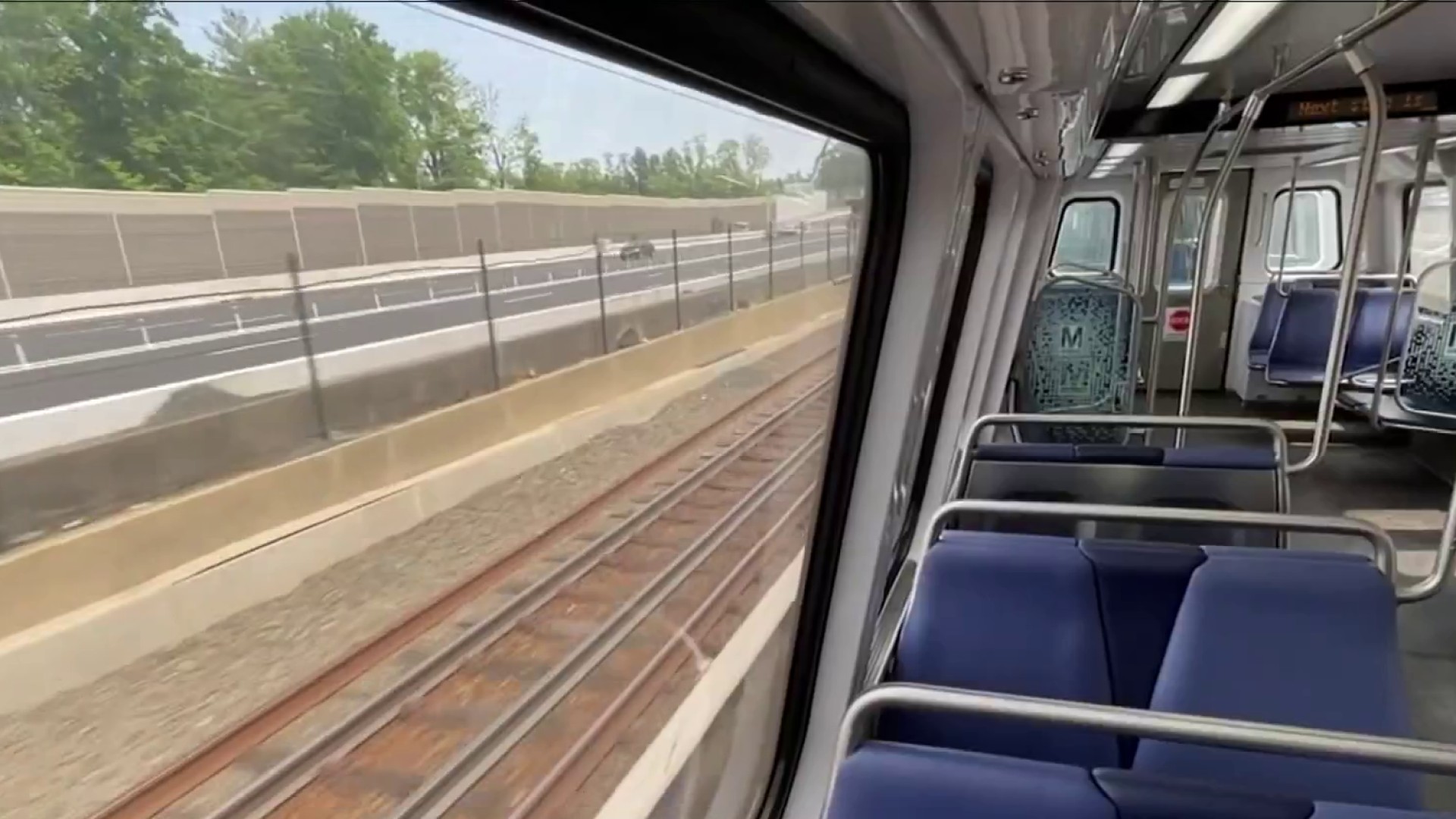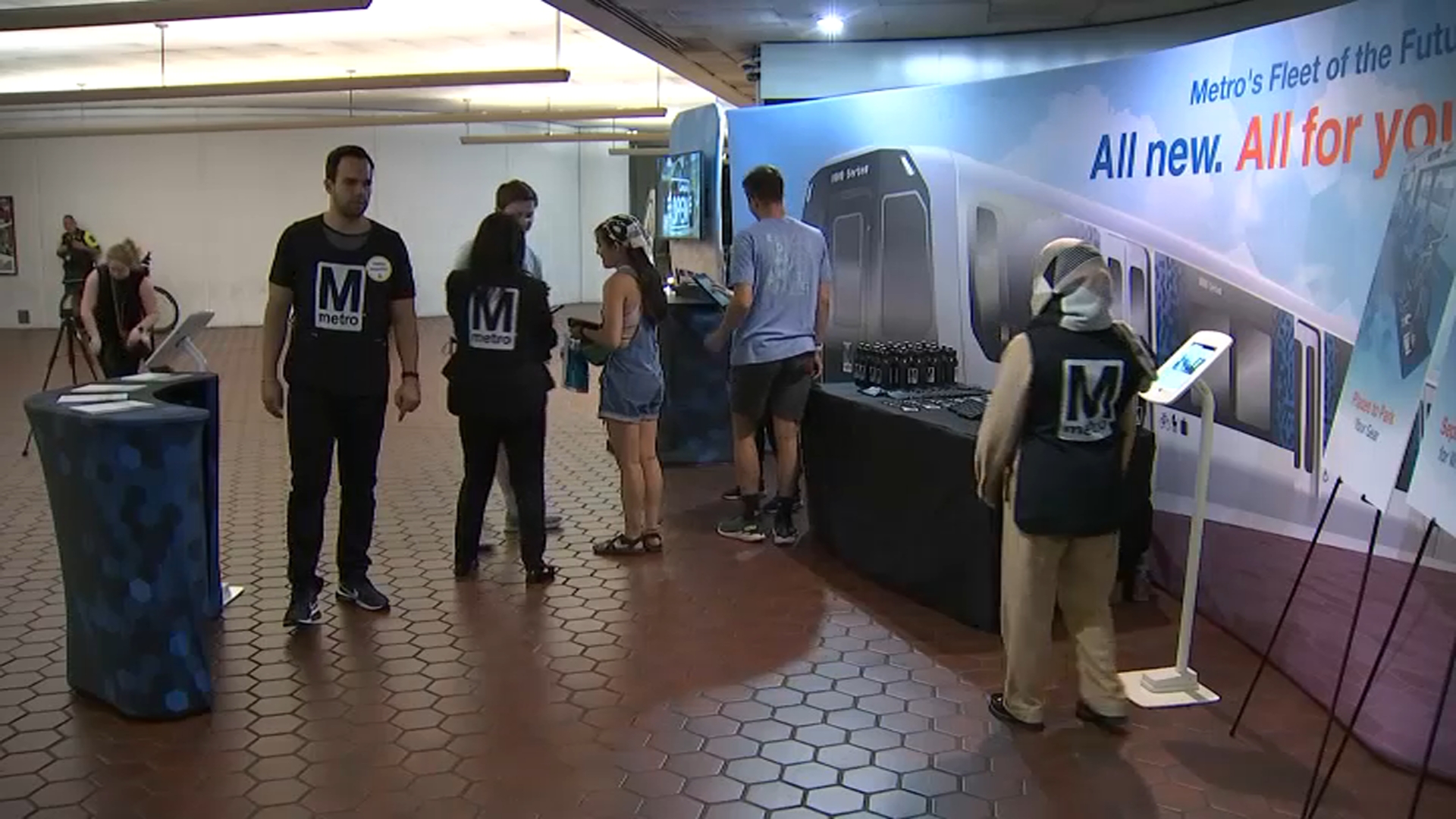Metro says it’s staring down a massive budget gap and without funding to fix it, they’ll need to make devastating service cuts.
A $750 million funding gap is expected to hit next summer, transit officials said Tuesday. In the meantime, they’re working to come up with solutions.
“We know this has been coming,” WMATA board Chair Paul Smedberg said.
Inflation and the need to pay workers more to hire and retain them played a role, he said.
We've got the news you need to know to start your day. Sign up for the First & 4Most morning newsletter — delivered to your inbox daily. Sign up here.
”I think one of the biggest reasons why the number is so big is because of the pandemic and the impacts of that. You know, the lack of ridership,” Smedberg said.
Metro had seemed to be getting back on track in many regards, with new stations, more service and new trains on order.
The agency’s budget has two sides: the capital budget and the operating budget. The capital budget covers costs such as trains, buses, stations and tracks. That budget is in good shape. The operating budget covers costs such as pay for bus operators, train operators and other staff. Metro says that’s where the huge budget shortfall lies.
Metro General Manager Randy Clarke recently spoke with News4 about the funding issue during a tour of the new Potomac Yard–VT station in Northern Virginia.
“We need to solve once and for all, in my opinion, our operating funding and have a predictable, sustainable source. Because who wants to do these big capital projects that everyone celebrates, and then go, 'Well, are we not going to run that many trains through there?'” he said.
Metro briefed reporters on some of the potential service cuts that would have to be made without new funding, including 20 to 30-minute wait times for trains and a system that closes at 9:30 every night. Thousands of positions would have to slashed as well.
News4 sends breaking news stories by email. Go here to sign up to get breaking news alerts in your inbox.
Metro is basically the only major transit system that does not have a dedicated source of funding such as a sales tax or gas tax set aside for it. We’re hearing tough conversations are about to happen with our local governors and D.C.’s mayor about finding the funding.
Stay with NBC Washington for more details on this developing story.




